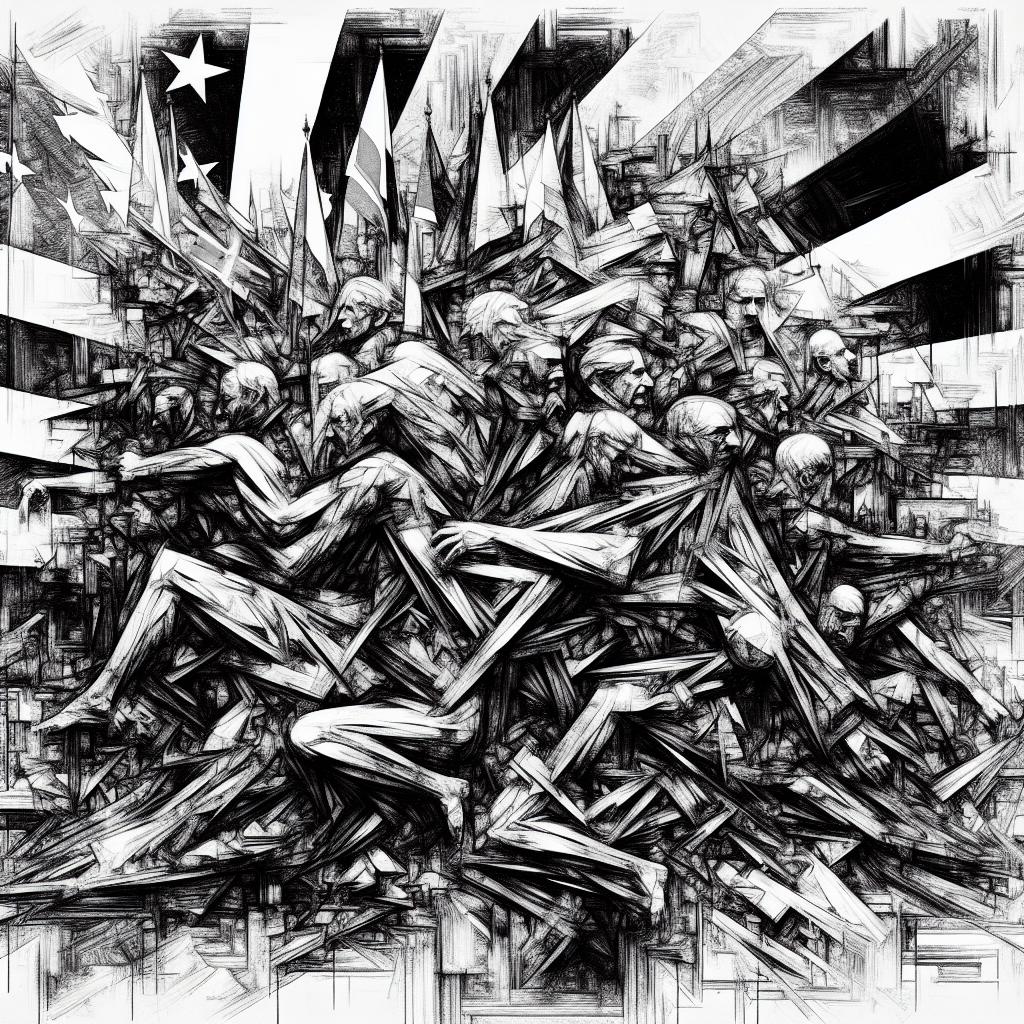As the European Union’s parliamentary elections draw to a close, the continent braces for a potential surge in far-right representation. Italy, along with other EU countries, held their votes on Saturday, with Italian Prime Minister Giorgia Meloni emphasizing the election’s significance for the next five years. The turnout, reported at 14.63% as of 23:00 on Saturday, was lower than previous years but indicated a higher engagement than the last election. The European Parliament elections have been shadowed by violence, notably the attempted assassination of Slovak Prime Minister Robert Fico, which has significantly influenced the electoral atmosphere The far-right parties, such as France’s National Rally, Italy’s Brothers of Italy, and Austria’s Freedom Party, are expected to make gains, with France’s National Rally predicted to achieve a historic victory and Italy’s Brothers of Italy expected to send 22 MEPs to the European Parliament, up from six . In Germany, the conservatives are anticipated to secure a majority, ahead of social democrats and the AfD . The elections are a test of the EU’s commitment to democracy and the rule of law, with many expecting a shift towards ultraconservatism and tougher immigration rules, as well as a potential slowdown in climate policies . The European Parliament, which will be composed of 705 members, plays a significant role in legislating and approving European laws, as well as in electing the President of the European Commission and appointing its commissioners . With the potential shift to the right, the election results are poised to have a significant impact on the EU’s policies and governance in the coming years. Preliminary results are expected to be announced between 20:15 and 20:30 on Sunday, marking the end of a marathon electoral process that could redefine the political landscape of the EU .
Key points
- The EU parliamentary elections ended with a projected rise in far-right representation.
- Preliminary results are expected to be announced soon, with significant implications for EU policies.
- Violence, including the attempted assassination of Slovak Prime Minister Robert Fico, has impacted the elections.
